Thanks, But No Thanks

EMS was called to the parking lot of a grocery store by a bystander who reports an elderly woman fell while getting out of her car and is now experiencing chest pain. At the scene, the woman denies losing consciousness or striking her head and the only visible injury is a slight abrasion on her […]
Tired to Death

On January 22, 2018, an ambulance crashed in Miami County, Indiana. The ambulance was transporting a 5-month-old child who, accompanied by her mother, was being moved between hospitals when the accident occurred at approximately 3:45 AM. The driver of the ambulance failed to stop at a red light and collided with another vehicle that was […]
Terror Behind the Wheel
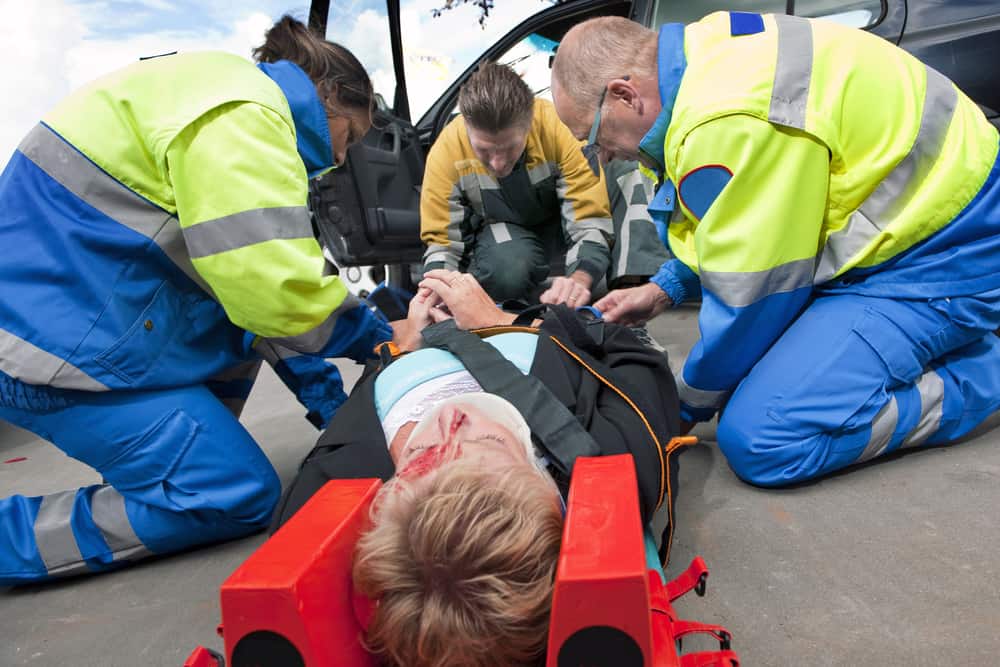
On the evening of July 14, the people of the French city of Nice gathered to celebrate Bastille Day, the day that commemorates the storming of the Bastille. The Bastille was a political prison and a symbol of royal authority and when it was taken in 1789, it marked a major turning point in the […]
5 Ways to Calm a Dying Patient

You’re on the front lines every day performing miracles. You execute CPR effortlessly, instinctively notice the signs of an impending stroke, and have performed abdominal thrusts for choking too many times to count. You’ve done it all, and have vast experience handling life or death situations. Despite your tactical expertise in performing daily EMS tasks, […]
Influenza: Deadly Myths and Sickening Facts
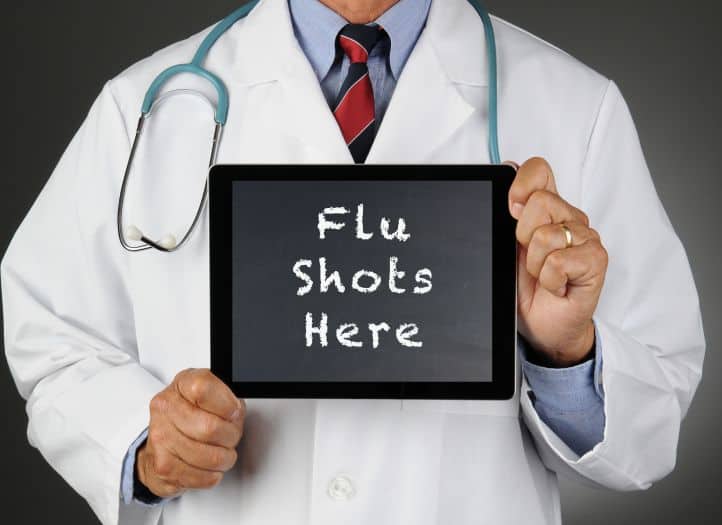
This winter the influenza virus is hitting the country especially hard. A major reason for this tougher-than-usual flu season is that this year’s most prevalent strain of the influenza virus is especially nasty. There are four different species of influenza virus known as A, B, C, and D, with the seasonal flu being caused by […]
Anxiety Disorders OLD 2

Anxiety is a term that tends to get tossed around a lot to reflect whenever someone is feeling stressed. Occasionally feeling worried or anxious is normal, but it becomes an anxiety disorder when the worry and fear is persistent, intense, and revolves around normal everyday occurrences – sometimes resulting in the person not partaking in […]
A White Christmas and a Bad Heart

Mr. Schultz is a 64-year-old accountant with a past medical history of high blood pressure and high cholesterol. He has been a smoker for the past 35 years and despite his wife and his doctor “gently nagging” him about it and him trying to quit multiple times, he still has not been able to kick […]
Death In The Air
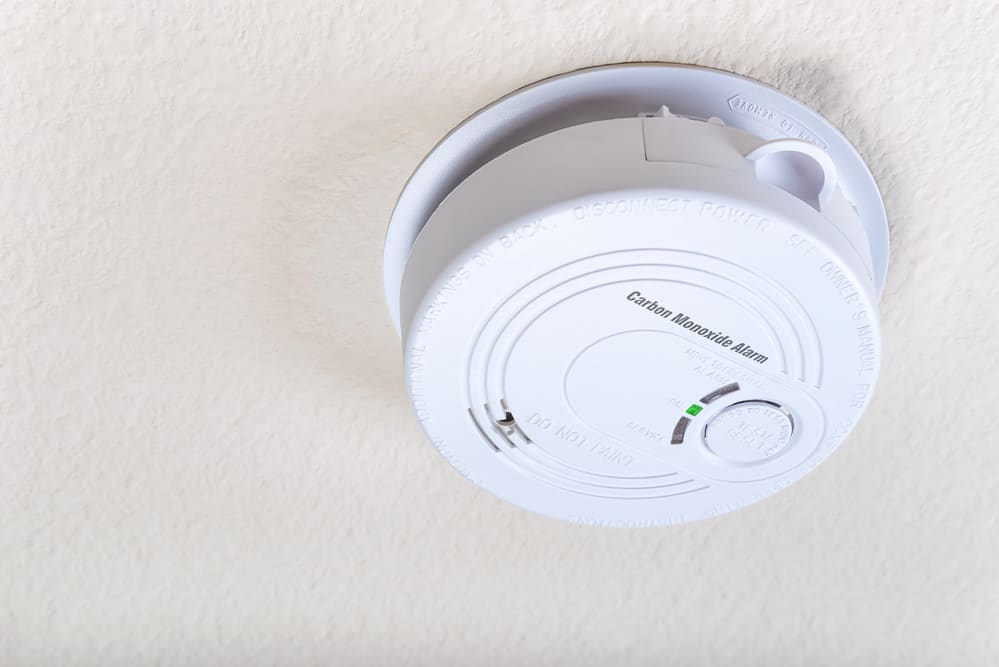
It is odorless, has no taste, and you cannot see it. It is carbon monoxide (CO) and it is the leading cause of injury and death due to poison worldwide. The symptoms of carbon monoxide poisoning often go unrecognized until it is too late because the typical early symptom – headache, dizziness, nausea, and irritability […]
The Mentally Impaired Patient: How Providers Can Help During A Crisis
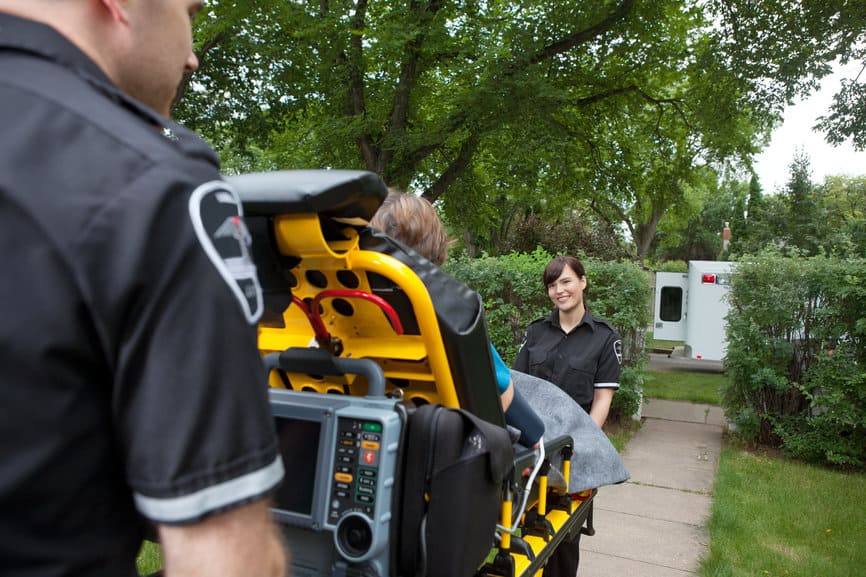
As a healthcare professional, you’ve seen it all. You’ve responded to critical medical situations that would leave the average person paralyzed by panic and fear. Heart attacks, drug overdoses and life-threatening injuries – you’ve handled them all! Experience has made you competent, quick on your feet and an expert problem solver. What about the mentally […]
Communication and EMS: Autism Spectrum Disorder
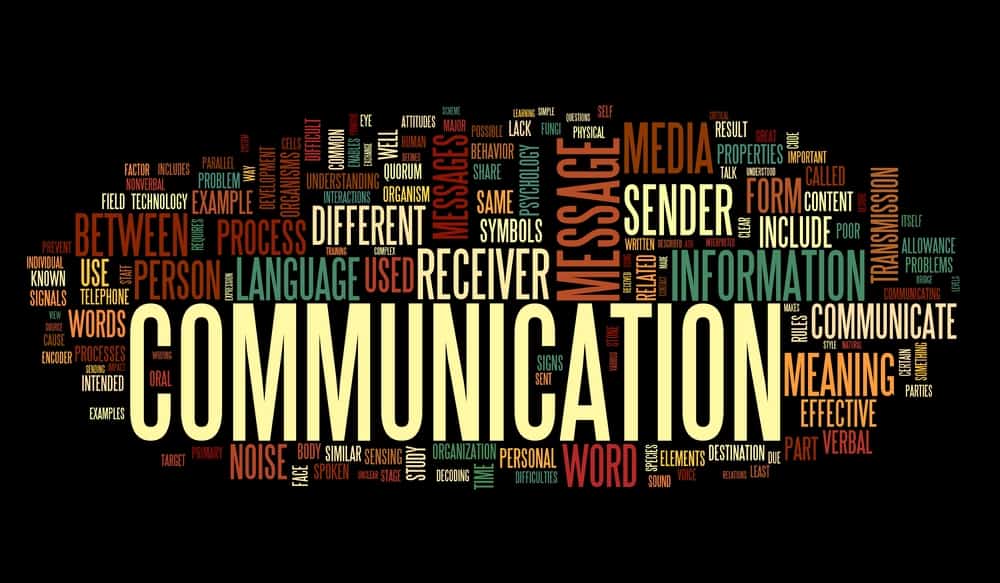
People going into Emergency Medical Services are motivated by wanting to help others. We often focus on learning what to do and how to do it properly. Knowing the correct intervention does not help when you cannot communicate effectively with your patient. Understanding your patients’ perspectives will enhance your ability to provide treatment in a […]
